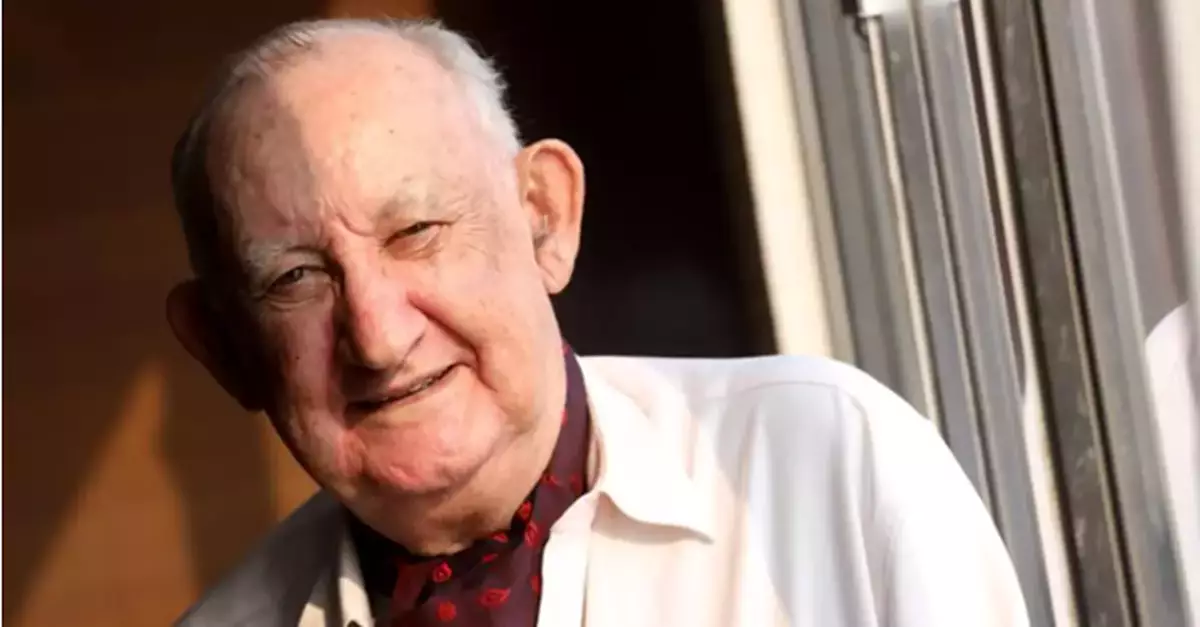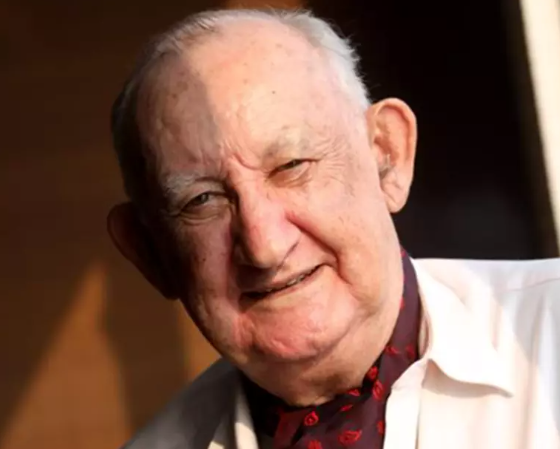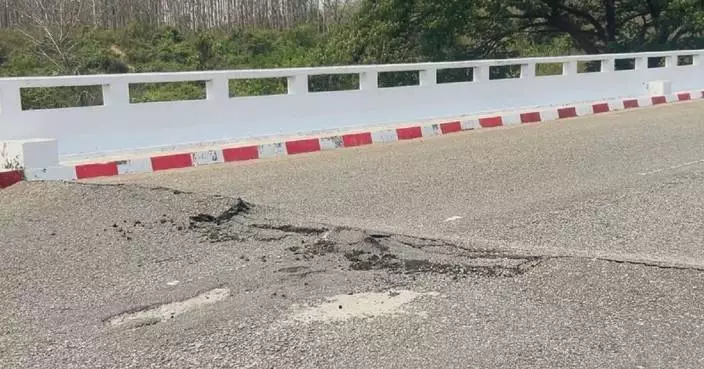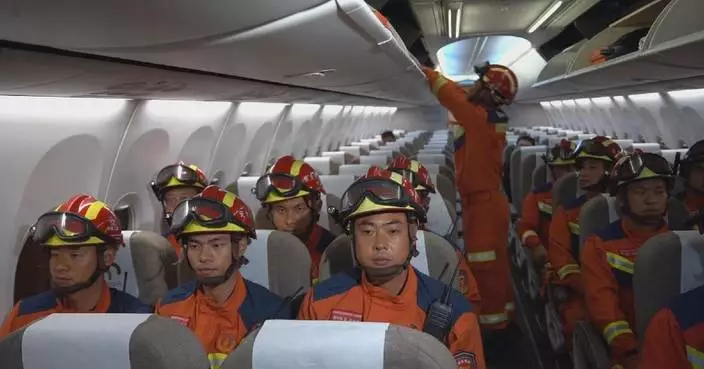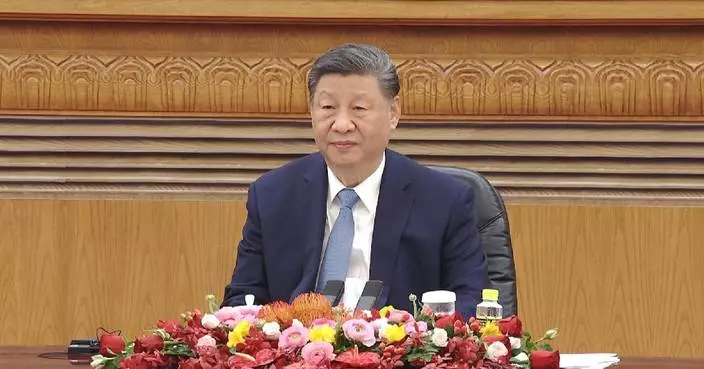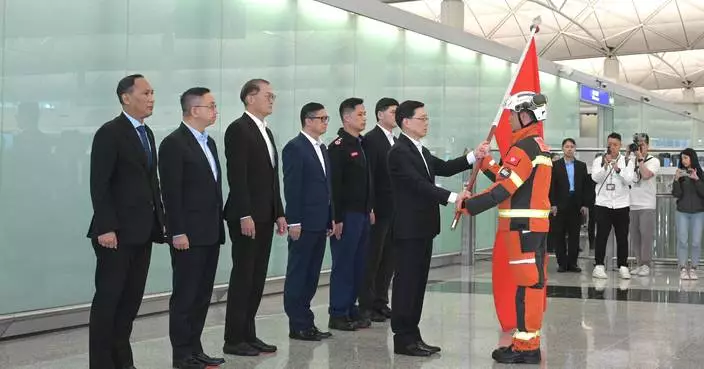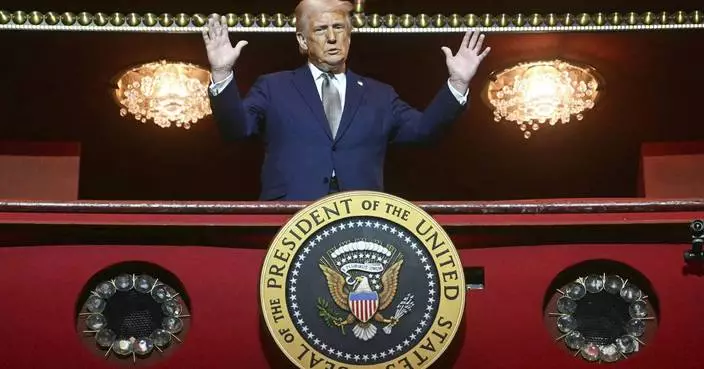Mark Pinkstone/Former Chief Information Officer of HK government
Overseas protests by Hong Kong dissidents over the appointment of foreign judges on the SAR’s Court of Final Appeal are defeating the purpose for which the appointments are made, that is, to ensure an open and fair trial for defendants.
The Court of Final Appeal was established in 1997 to replace Hong Kong appeal cases heard by the UK’s Privy Council which, naturally could not continue after the handover. But as Hong Kong judges had not had previous experience in handling appeal cases, a system was devised to import judges with such experience from overseas common law jurisdictions on a temporary bases. They became known as non-permanent judges (NPJs). The appointments added creditability to Hong Kong’s legal system by providing a clear separation of powers between the judiciary and the executive (government). The judiciary shall always remain independent without fear or favour.
However, since the enactment of the national security laws in 2020, overseas dissidents have turned the tables on the legitimacy of the appointments saying they were made to purely bring credibility to the legal system and called for the judges to resign. Yes, they do bring their expertise and credibility to the table but without their presence the dissidents will claim the trials are biased towards the administration. They can’t have it both ways. Most of the judges have ignored the requests from the dissidents and the support they get from the countries of their new domiciles. However, some judges have acceded to the harassment by their respective governments while a few others have resigned for personal reasons.
The recent, small-scale protests in Australia rekindled the plight of NPJs being harassed for doing their job in Hong Kong. Would they dare harass a judge sitting on a trial in the UK, US, Canada or Australia? No way! They would be immediately charged for various offences ranging from interfering in the judicial process to contempt of court.
The Hong Kong Free Press noted the protest was a small peaceful demonstration, inferring why would the authorities even bother to comment on the issue. The size of the protest is not an issue, its purpose is. Australian judge Patrick Keane was giving an address at Sydney’s Banco Court in late October on “Christian inspiration and constitutional rights” when he was confronted by the protesters.
The protest may have gone unnoticed had it not been for the Guardian newspaper bringing the issue to the fore. Other media followed-up. Besides badgering Judge Keane about his giving a speech and preventing him from attending a cocktail reception, the dissidents displayed placards calling for the release of media mogul Jimmy Lai facing national security breaches.
But it was the Guardian that chose to run the otherwise non-event story as part of its Sinophilia campaign.
The Guardian has become the clarion call for the dissidents and has become the main vehicle for their disinformation.
In its relentless onslaught against China/Hong Kong, the Guardian carried some 20 anti-China stories in the last two weeks of October alone, about one a day.
The paper claims that it is independent, from advertisers, corporate manipulation and government interference. But is it? Senior Guardian editors and journalists attend regular background briefings offered by the foreign affairs officials in their respective countries of publication – UK, Australia, US and Europe. This is not uncommon and applies throughout the world for the government to brief the press on changes to policy, legislative proposals to test the waters of the electorate etc. It is also an effective tool to spread disinformation and propaganda.
For a publication not to print what they have been told by the government means they face possible disqualification from attending future briefings and thus missing out on a good story. So, the plot thickens. The press is being blackmailed into accepting what the government gives them without question or face the possibility of being ostracized from attending future briefings.
What is seen on television of White House “briefings” are not briefings, but actual press conferences, that is, the host is identified, and the content is reality. But “briefings” are non-attributable and only the editor knows who the source is. Also, the subject matter is non verifiable. But because the informant is an unidentifiable senior government official, the gullible press laps up the information and spreads this disinformation to the unsuspecting public.
There is nothing to stop this and it will continue for centuries to come. The press has become the lap dog of government and will continue in this role as the “fourth estate” by being the watchdog over the government. [The estates, dating back to medieval times, refer to the separation of power into the legislature, administration, the judiciary and the press. Sometimes, the church is included.] The media will cry that it does criticise the government, but only the administration. When it comes to foreign policy, the media relies on the handouts from the government. So, if a foreign government official says Hong Kong dissidents are good boys and girls and should be protected from evil, then the media has no choice but to agree.
This is the case of Jimmy Lai and the possible reason why he and other accused dissidents are being tried by a panel of three judges and not by a jury. The propaganda machine is so powerful that a court would not find a fair-minded person who had not heard of Jimmy Lai, his cause and his detention. There would be biase.
Millions of dollars are being spent by Lai’s son Sebastien and his legal team to release Lai before the trial resumes on November 20. Instead of seeking a release after the trial, the team have chosen to step up pressure for an immediate release before Lai takes the stand and could further incriminate himself with his own evidence based on his beliefs, thereby lengthening his jail time.
Mark Pinkstone
** The blog article is the sole responsibility of the author and does not represent the position of our company. **


